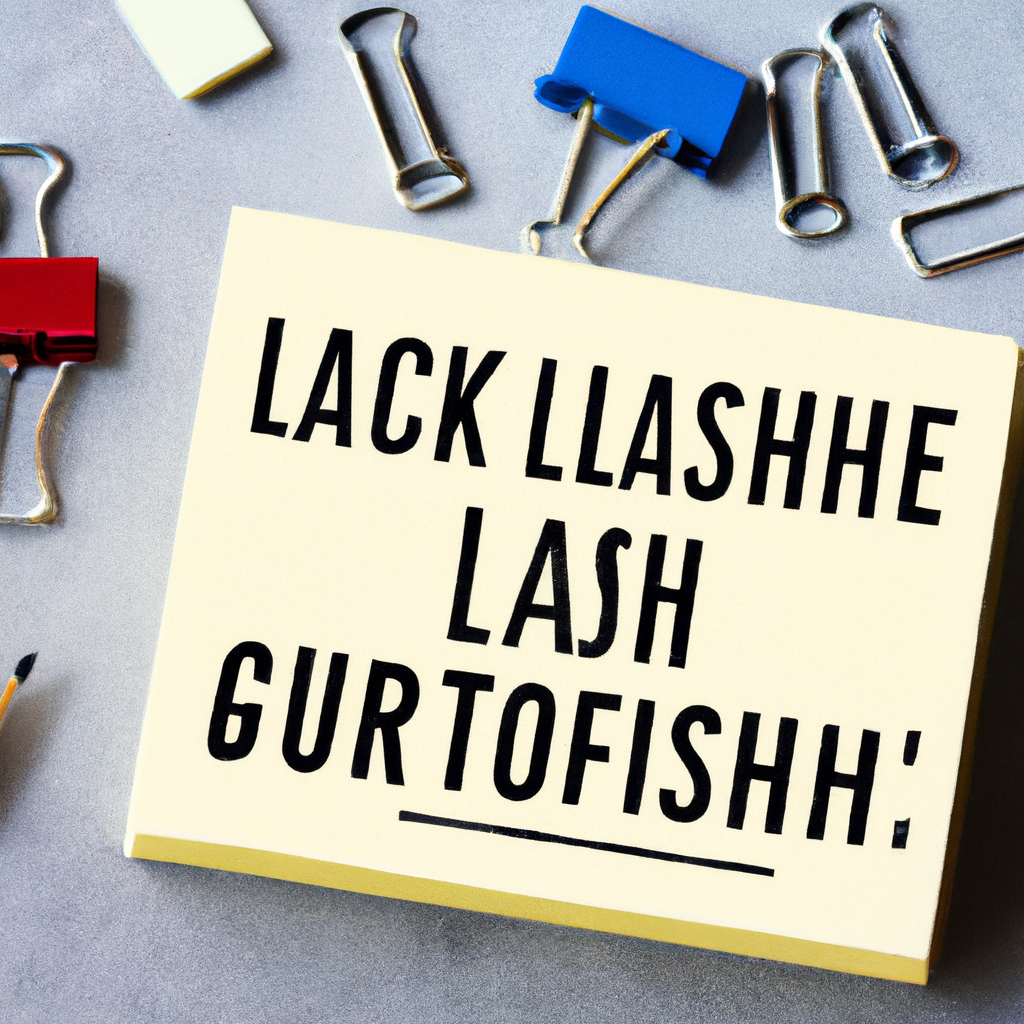Studying with Flashcards Effectively Checklist
Flashcards are a time-tested, scientifically backed tool for active recall and spaced repetition—two of the most powerful learning techniques. Whether you’re preparing for exams, learning a new language, or mastering professional skills, using flashcards effectively can make your study sessions more efficient and productive. This comprehensive checklist will walk you through the best practices, design tips, and study strategies to maximize your learning with flashcards.
Why Use Flashcards for Studying?
Flashcards help break down complex information into manageable, bite-sized pieces. They facilitate active engagement, trigger memory recall, and support spaced repetition—key factors in long-term retention. With the right approach, flashcards can boost your confidence and performance in any subject.
Checklist: How to Study with Flashcards Effectively
-
Set Clear Learning Goals
Before you create or review flashcards, define what you want to achieve. Are you aiming to master vocabulary, memorize dates, or understand concepts? Clear goals help shape your card content and study sessions. -
Craft Concise, Single-Concept Cards
Each flashcard should cover only one idea or question. This improves focus and makes self-testing more effective. Avoid cramming multiple facts onto a single card. -
Use Personalized, Memorable Content
Write flashcards in your own words, using personal examples or mnemonics. This enhances understanding and recall. -
Incorporate Visuals and Associations
Add drawings, diagrams, or symbols to your flashcards. Visual learning aids memory by linking information with images. -
Apply Spaced Repetition
Review flashcards at increasing intervals—right after learning, then after a day, a week, and so on. Spaced repetition is proven to strengthen memory. -
Mix Up (Interleave) Topics
Alternate between different subjects or types of information during study sessions. Interleaving challenges your brain and improves long-term learning. -
Test Yourself with Active Recall
Look at the question side of a flashcard and try to recall the answer before turning it over. Active recall is more effective than passive reading. -
Track Progress and Difficult Cards
Keep separate piles for cards you know well and those you struggle with. Focus extra time on the challenging ones. -
Update and Refine Regularly
Add new flashcards as you learn more, and revise or remove cards you’ve mastered. Keeping your deck fresh maintains motivation and relevance. -
Study Consistently, Not Cramming
Short, regular sessions with flashcards are more effective than marathon cramming. Aim for daily review to reinforce knowledge.
Design Tips: Making Effective Flashcards
- Keep Text Short: Use keywords, bullet points, and short phrases instead of long sentences.
- Use Color Coding: Assign colors for different topics or concepts to make sorting easier and add visual interest.
- Handwritten vs. Digital: Both have benefits. Handwriting can enhance memory, while digital apps offer convenience, audio, and built-in spaced repetition.
- Include Pictures: Add relevant images to boost visual memorization—especially helpful for language learning and science topics.
- Highlight Key Words: Emphasize essential terms or dates to draw your attention during reviews.
LSI Keywords and Related Concepts
To ensure your study routine covers all aspects of effective flashcard use, be familiar with these related terms:
- Active recall techniques
- Spaced repetition system (SRS)
- Memory retention strategies
- Flashcard study schedule
- Self-testing methods
- Personalized study aids
- Retention improvement tips
- Efficient study habits
- Exam preparation with flashcards
Sample Flashcard Study Session Plan
Here’s an example of how to structure your flashcard review session for maximum effectiveness:
- Warm up with 5 minutes of quick review of familiar cards.
- Spend 15-20 minutes testing yourself on new or difficult cards using active recall.
- Mix in cards from different subjects or topics (interleaving).
- Mark cards that are challenging and repeat them at the end of the session.
- Finish with a quick review of all cards, focusing on weak areas.
Common Mistakes to Avoid
- Making cards too detailed or cluttered
- Ignoring the importance of regular review
- Only reading cards instead of actively recalling answers
- Not updating or replacing outdated cards
- Relying solely on flashcards for concept-based learning (combine with other methods)
Conclusion: Your Path to Mastery with Flashcards
Using flashcards effectively requires more than just flipping cards—you need a strategy, consistency, and the right design. By following this checklist and integrating proven memory techniques, you’ll transform your study sessions and achieve lasting results. Remember, the key is to stay engaged, review regularly, and tailor your flashcards to your unique learning goals.
